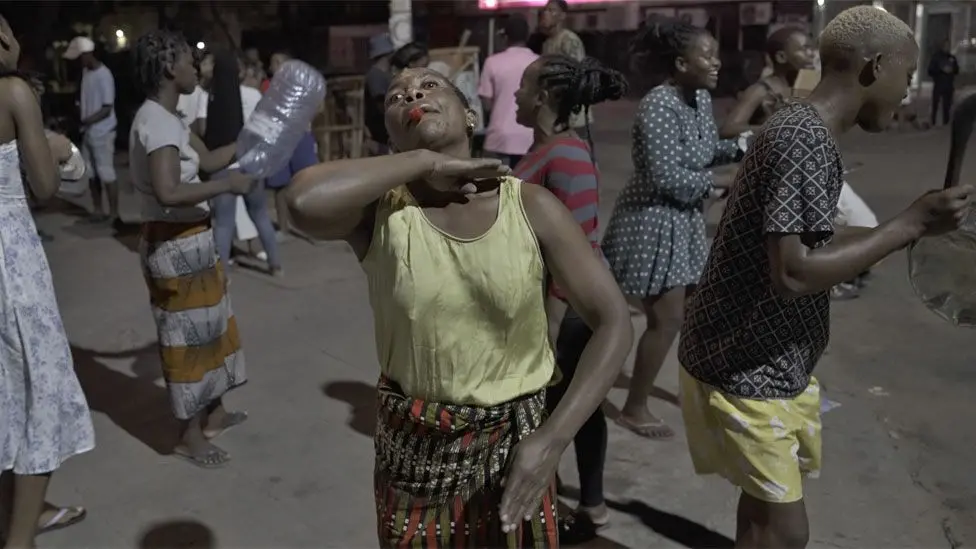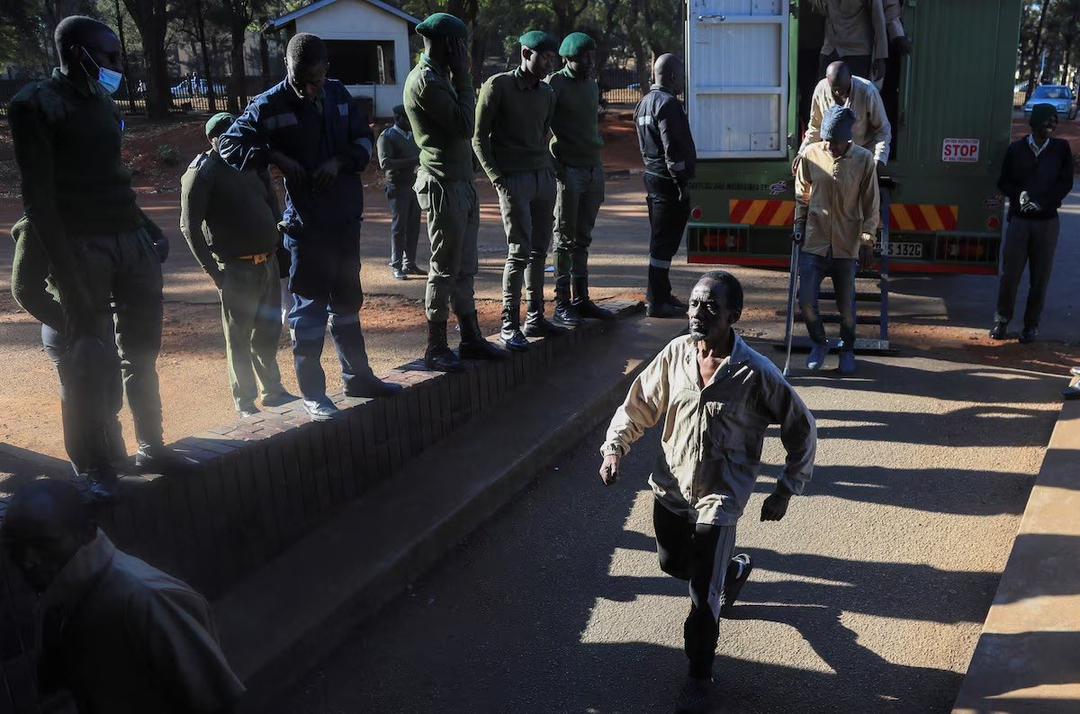HARARE – At least nine typhoid cases have been confirmed in Harare’s Glen Norah high density suburb with health authorities at Town House claiming to be managing the unfolding health crisis.
City of Harare Epidemiologist and Disease Control Officer Dr Michael Vere said the local authority has managed to confine the typhoid outbreak to one suburb so far.
“Yes, we have recorded cases of typhoid in Glen Norah B and Glen Norah C. So far, we have recorded 9 confirmed cases out of 37 suspected cases. We started receiving cases on the 17th of October 2022.
“The situation is under control because right now, we are getting less and less cases both suspected and confirmed cases,” he said.
Vere said council had put control measures in place to avoid further spread of the disease.
“We have done water monitoring in the area and so far we have closed some of the boreholes that were found contaminated with faecal matter.
“We are encouraging on point treatment of drinking water. So, we have distributed aqua tabs at various clinics in those areas and also throughout the high density suburbs of Budiriro and Glen View where we know they are risky areas for typhoid.
“We are also strengthening health promotion activities in those areas so that people are aware of the methods to protect themselves from diarrhoeal diseases,” he said.
Harare has battled perennial water woes which have seen desperate residents resort to fetching the necessity from unprotected sources such as wells, risking contracting waterborne diseases.
Some of the city’s suburbs have gone for years with no running water dripping from their taps.
The water supply situation has worsened due to the current power outages being experienced in the country amid reports that works at the city’s Morton Jaffrey water treatment plant have been running in fits and starts due to the crisis.
Residents however feel the water problem could have long been dealt with had city fathers placed their priorities in the right areas.
The worst Harare has seen of its endless water crisis was the 2008-2009 cholera outbreak that killed over 4,000 and infected more than 100,000 citizens countrywide with both deaths and infections traced on the capital city, the epicentre of the health calamity.
















